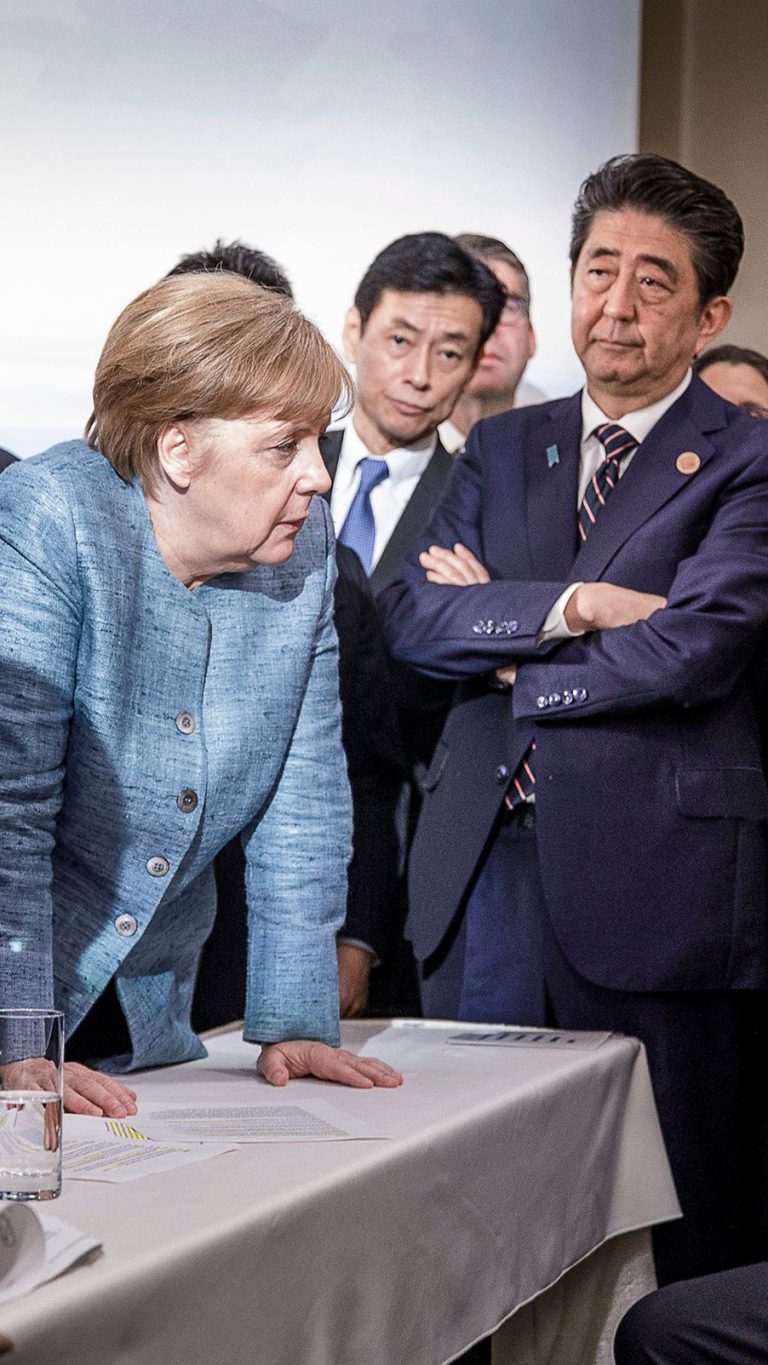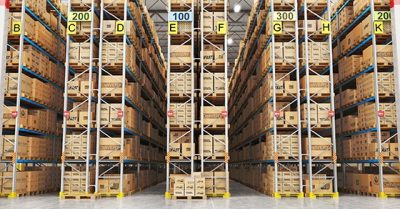
So here we are. Donald Trump imposed 25pc tariff on steel and aluminium from Canada, China and the EU and is considering to apply a 20pc tariff on cars, trucks and automotive parts imported from the EU. He believes this decision – a pledge of his election campaign – would boost sales of US-built cars and protect American industrial jobs.
Trump’s statement is based on the fact foreign car manufacturers continuously import more vehicles in the US despite their strong manufacturing footprint in the country. 2017 import figures show that 82% of cars sold by Volkswagen in the US were imported, 55% for Toyota, 57% for Hyundai, 70% for Mercedes-Benz, 68% for BMW. On the opposite, US-car manufacturers sale in the US were produced in their American plants: 80% for Ford, 60% for General Motors and 55% for Fiat Chrysler. Honda is the only foreign car manufacturer to produce locally the majority of its sale – 65% – on the US market.
Around 17.23 million cars were sold in the US in 2017 according to AutoData. 8.7 million were imported according to the Center for Automotive Research, mainly from Mexico and Canada – 2 members of the Alena free-trade agreement with the US – and Japan.
But it is critical to evaluate the overall trade inbound and outbound of the US and not take into account imports alone: according to the American Automotive Policy Council – a lobby group of US and foreign car manufacturers – the automotive industry in the US is one of the top export’s sector of the country. US car exports have doubled between 2009 and 2015, from 74.09 $b to 137.66 $b, securing 771,000 jobs in the US.
For example, BMW’s biggest world’s automotive plant in South Carolina exported 70% of its production in 2017, a total export value of 10.00$bn, more than their imports in the US over the same period of time.
The automotive supply chain is a global market
Why? Because of the car manufacturers production strategies: each plant is dedicated to the manufacturing of one or several car chassis. Biggest car chassis are mostly produced in the US when medium-size and small ones are more produced in Europe or in Asia. Then the trade volumes between countries depend on each local market potential and local demand growth: for example, General Motors – a US company – is pleased to export significantly to China.
The entire automotive supply chain is therefore completely global: components may be sourced in the US, in Brazil, in Italy and in China to be delivered to an assembly line in Mexico. This specific semi-finished product could be then shipped back to a car manufacturing plant in South Carolina, US and the final car could be exported to France or anywhere else.
Suppliers have also built their own plants in the US – or at least implemented Vendor Managed Inventories or Distribution Centers – close to the car manufacturers factories. The entire automotive eco-system actually develops a sustainable global supply chain market, creates a large number of jobs and boost export revenues in America. In addition, second tier suppliers are also increasing their activity with first tier ones and many additional services like temporary workers agencies, transport and logistics companies, maintenance, legal advisors, etc… take the benefit of this global automotive supply chain market.
What is going to happen next?
The Trump administration is using the argument of Section 232 to hit cars imported into the US with a 25pc tariff on steel and aluminium, making them more expensive than the locally produced ones. This legislation allows import duties to be imposed on goods to protect industries which are vital to US national security. A legal battle is already on in the US as the Association of Global Automakers (AGA), which represents the major car and parts manufacturers with businesses in the US, said that “Mr Trump’s use of “Section 232” is wrong”. AGA said if duties were imposed, it would lead to “inevitable retaliation against US exports”, putting “hundreds of thousands of US jobs in the industry, or which depend on it, at risk and place American auto workers on the front lines of this trade conflict”.
The EU answered indeed by implementing an additional tariff of 25pc on many US products, from peanut butter to jeans and Harley-Davidson motorbikes.
Automotive manufacturers all started to take action arguing that “tariffs would lead to job losses and increased costs in the US: someone will have to pay, or the end user or stakeholders across the supply chains resulting in cost cutting and headcount reduction” – around 200,000 according to several analysts.
Automaker Toyota said in a statement that a 25 percent tariff on automobiles would increase the cost of every vehicle sold in the United States.
Many parts manufacturers have already started discussions with their customers to increase their prices that include these new tariffs. Which means some actual countries of production could become less competitive and new sourcing opportunities could be developed quickly.
Harley Davidson already announced the relocation of its export production out of the US: Europe is the brand’s second largest market and the additional tariff implemented by the EU would end up to an average price increase of 2,200$/bike, an additional cost the company does not want to impose to its European dealers or end customers. Harley Davidson will therefore transfer the current export production outside the US to avoid paying 31% duties & taxes in Europe – when it used to be 6% before D.Trump started the trade war. Their supply chain network will obviously be adjusted and trade flows will change to adapt to this new business environment. 800 jobs could be cut in Harley Davidson’s US plants.
In a tweet, Mr Trump warned “if the company moved production overseas, it would be taxed like never before!”.
Maybe. But the Trump administration should take into account that globalisation is a key driver for international growth, that companies are used to work in uncertain and ever-changing environments and that additional tariffs may be disruptive in the short term but could be an opportunity for them to assess the relevance of their supply chain networks, to redefine their production and warehousing strategies and change their sourcing and overseas transportation plans. In other words, the US protectionist decisions could make automotive companies to challenge their operational footprints and look for even more supply chain performance.
“America First” could well become “America Alone” and the effective impact of Mr Trump’s trade war decision could well end up to the opposite result to his election campaign’s pledge by cutting American industrial jobs and decreasing sales of US-built cars while automotive global supply chains would continue to thrive somewhere else…


